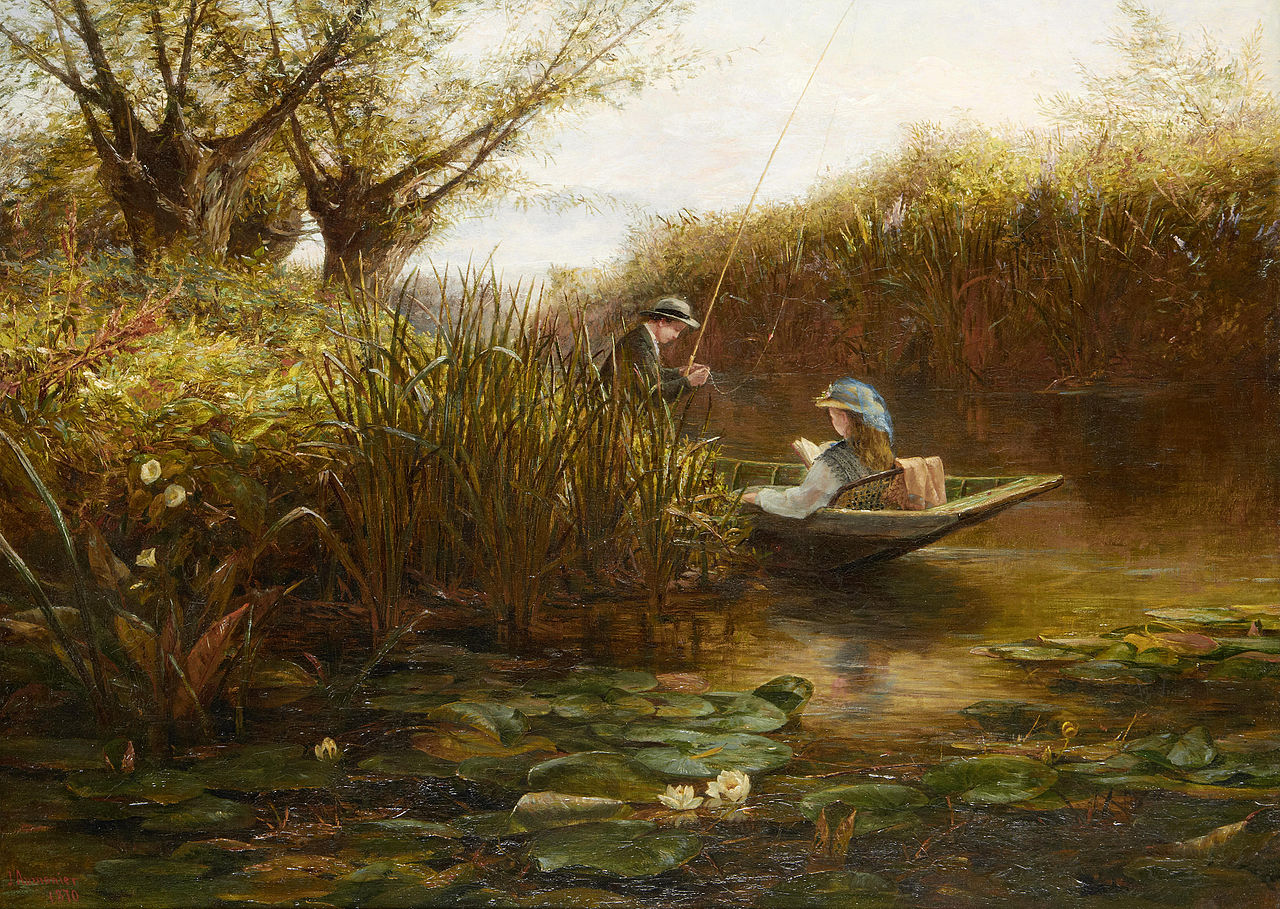- I’m a man of simple tastes: I take my food edible, my water potable, my words legible. But people can be awfully choosy. Ben Roth has inveighed against the rise of “readable” books—“readability” being an increasingly prevalent form of critical shorthand, a way of telling us which novels go down easy. Roth is advancing the latest variant on an ancient argument about whether lit’rit’cher should be fun, or work, or work that tricks you into thinking it’s fun: He writes, “Readable books are full of familiar characters, familiar plots, and most especially familiar sentences. They are built up out of constituent commonplaces and clichés that one only has to skim in order to process. Nothing slows you down, gives you pause, forces you to think or savor. Not too much description, or abstraction, or style. A little bit literary, perhaps, but not too. To praise a book as readable is really just to say that you won’t have to add it to your shelf with the bookmark having migrated only halfway through its leaves … To praise readability is to embrace the vicious feedback loop that our culture now finds itself in. Short on concentration, we give ourselves over to streams of content that further atrophy our reserves of attention.”
- But Sarah Perry is having none of it. In Roth’s “entertaining little polemic,” she sees aimless fulminating, and she stands up for readability, because someone had to. (Stay tuned for my think piece, “In Praise [But Gentle, Delicate Praise] of Books That Are Just Readable Enough [While Also Providing a Neat, Salubrious Challenge]).” As Perry notes, very Britishly, “Prose which is ‘readable’ is prose which is skilled. It is quite useless to argue that there is no objective standard for ‘good’ and ‘bad’ where writing is concerned; one need read hardly more than a dozen books before discovering that a bar is set. Readable prose is, generally speaking, diligent in its sentence construction, erring from received rules of grammar only deliberately and to a clear effect. Its figurative language functions so that the reader is not left puzzling over a metaphor which creaks like a well-oiled door (you see, I hope, what I did there); its characterization bears some resemblance to people as you and I know them; it is what one might call ‘ontologically sound,’ creating a world entire from which it does not willfully depart. Yet all these principles the skillful, ‘readable’ book may wickedly flout, and still remain skillful and ‘readable.’ ”
- Andy Warhol died thirty years ago this week. Fun fact: he knew Trump. Funner fact: he hated Trump. R. C. Baker writes, “Warhol—who hobnobbed with both the marginal and the 1 percent—crossed paths with Donald Trump and his then wife, Ivana, in 1981 at a party for the infamous power broker Roy Cohn. Later, Andy discussed with Trump the possibility of doing paintings of Trump Tower. ‘I don’t know why I did so many, I did eight,’ Andy noted in his diary on August 5. ‘In black and grey and silver which I thought would be so chic for the lobby. But it was a mistake to do so many, I think it confused them.’ He addressed another possibility further down the entry: ‘I think Trump’s sort of cheap.’ The deal fell through, but a few years later Warhol was invited to judge a cheerleading audition in the newly opened building. ‘I was supposed to be there at 12:00 but I took my time and went to church and finally moseyed over there around 2:00. This is because I still hate the Trumps because they never bought the paintings I did of the Trump Tower.’ ”
- A new play from the Wooster Group dramatizes Town Bloody Hall, a 1971 debate about feminism between Diana Trilling, Germaine Greer, Jill Johnston, and Norman Mailer, who behaved like a real prick that night, as most nights. Rebecca Mead writes, “Mailer’s efforts to dissect feminism, and to assert his own voice over those of the women on the panel, end up with him foiled, fruitlessly battling with himself. Mailer thinks that his is the voice of reason. He considers himself misunderstood by Trilling; he finds Greer intellectually incoherent; Jill Johnston isn’t worth engaging with. What is most shocking about revisiting Town Bloody Hall today—either in the form the Wooster Group presents it, or without their commentary—is the raw misogyny of the language Mailer feels comfortable in using in the public forum that has been provided to him. When Jill Johnston persists at the podium past her allotted time limit—she is on a roll, and the audience is delighting in her performance—Mailer scolds, ‘Come on, Jill, be a lady.’ To a female heckler who challenges him—‘What’s the matter, Mailer, you’re threatened ’cause you found a woman you can’t fuck?’—Mailer drops any affectation of politesse. ‘Hey, cunty, I’ve been threatened all my life, so take it easy,’ he replies, the word falling like a schoolyard taunt, or a slap across the face.”
- Alice Spawls takes in an exhibition of post-Internet art in a former Methodist chapel, as one does: “Post-Internet artists are the first generation to have grown up with mass digital technology, and often with parallel selves on social media (they wouldn’t call it ‘virtual’). They don’t just respond to the Internet but often try to use it as a medium … Ed Atkins’s piece No one is more WORK than me features a CGI avatar called Dave: a pixelated head (mapped on his own) against a blue screen. All the other video pieces in the exhibition require headphones, so Dave gets to hold court on an eight-hour loop. It’s part aggressive monologue, part whimsy. Snatches echo round the nave: ‘I don’t wanna get it, This is what I am, It’s just a bit of blood, Do me a favor, can you do that, Read my lips, read my lips, read my lips’ (and we can just about read his lips).”
